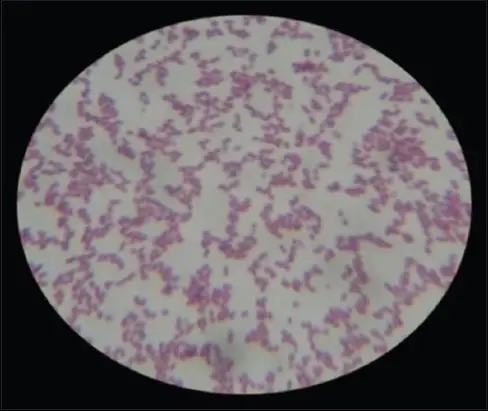Enterococcal bacterial infection is gram-positive facultative anaerobic cocci in short and medium chains, which cause difficult to treat infections in the nosocomial setting.
What is the Pathology of Enterococcal Bacterial Infection?
The pathology of enterococcal bacterial infection is:
-Etiology: The cause of enterococcal bacterial infection is poor hygiene spread from person to person.
-Genes involved: Not applicable.
-Pathogenesis: The sequence of events that lead to enterococcal bacterial infection involves by inducing platelet aggregation and tissue factor-dependent fibrin production.
-Morphology: The morphology associated with enterococcal bacterial infection shows gram-positive spherical or ovoid cells arranged in pairs or chains, non-spore-forming facultative anaerobes and obligate fermentative chemoorganotrophs.
-Histology: The histology associated with enterococcus bacteria is non specific.
How does Enterococcal Bacterial Infection Present?
Patients with enterococcal bacterial infection typically are all genders of all ages. The symptoms, features, and clinical findings associated with enterococcal bacterial infection include: pain or burning when you urinate, nausea, vomiting, fever, chills, fatigue, headache, and abdominal pain.
How is Enterococcal Bacterial Infection Diagnosed?
Enterococcal bacterial infection is diagnosed by blood test, and urine test.
How is Enterococcal Bacterial Infection Treated?
Enterococcal bacterial infection is treated by antibiotics penicillin, ampicillin, amoxicillin, piperacillin, or vancomycin
What is the Prognosis of Enterococcal Bacterial Infection?
The prognosis of enterococcal bacterial infection is fair. Such infections can often be difficult to treat, as ordinary doses of antibiotics typically aren’t strong enough to effectively treat them.



